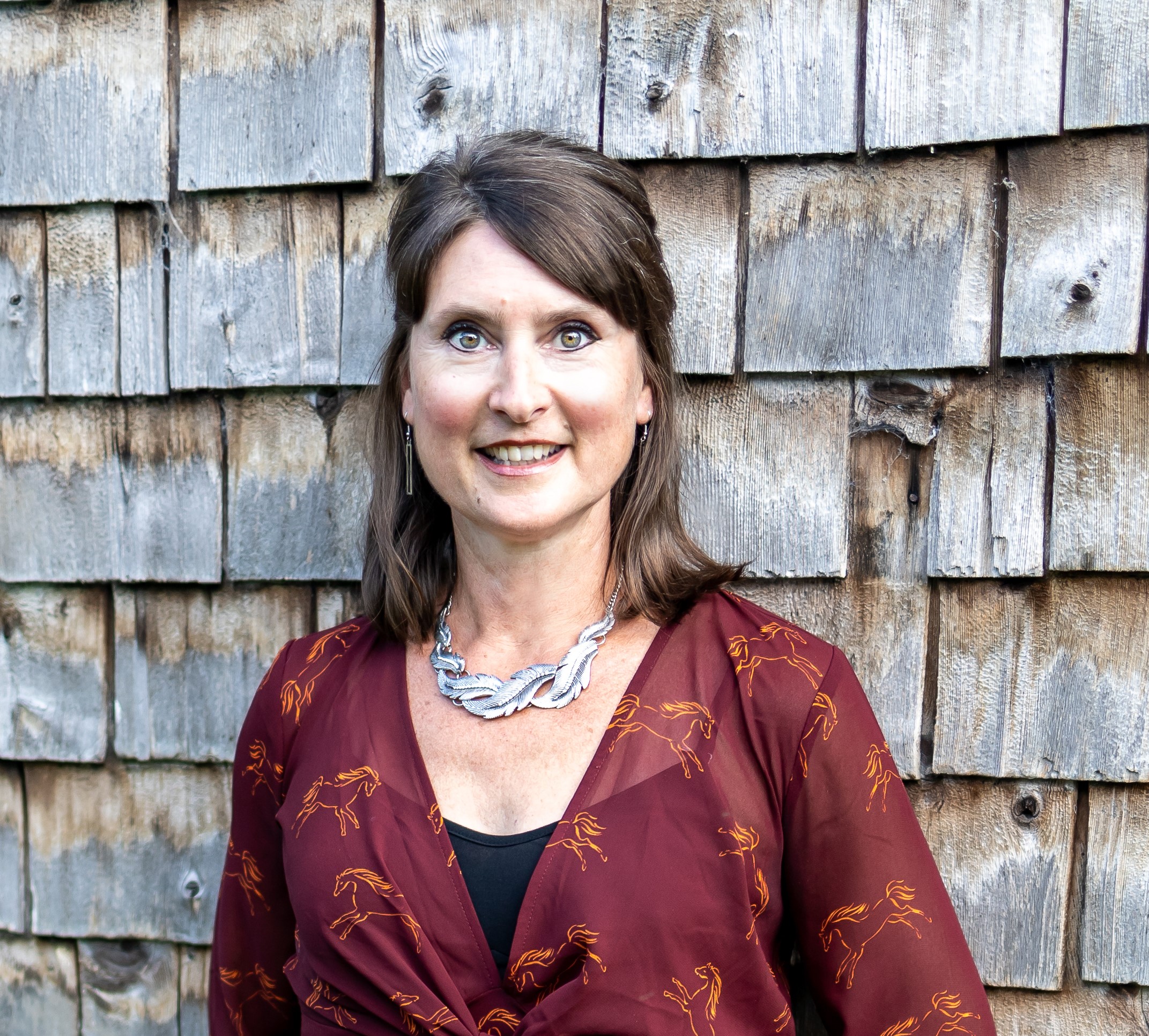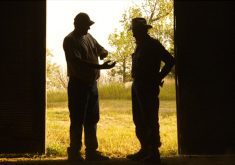Think Like a Rocket Scientist: Simple Strategies You Can Use to Make Giant Leaps in Work and Life
By Ozan Varol
(Public Affairs • $35)
Among the fascinating books I’ve encountered while writing these reviews, Ozan Varol’s Think Like a Rocket Scientist: Simple Strategies You Can Use to Make Giant Leaps in Work and Life stands out.
This book is about how a profession as vast as “rocket science” also contains a few basic, life-changing lessons that anyone can use to instantly improve their professional or personal lives.
Read Also

The big squeeze: How to be fair to siblings during farm succession
Managing sibling business relationships on family farms.
It does make sense. After all, it all comes down to a thought process that was designed to tackle complex, unfamiliar and uncertain situations, and I think we can agree that farming fits those adjectives perfectly.
Humans have evolved to be problem-solvers (think of our hunter-gatherer ancestors and questions like “how can I not get eaten” and “how can I stay warm living in this damp cave”). It’s how our human species went exponentially over a few millennia from stone tools to practically having the entire world at our digital fingertips. It’s all a testament to the power of problem-solving.
To make stone-age-to-digital-age leaps in farm business, we need to get comfortable with uncertainty and turn our failures into catalysts for better understanding. And we also need to question what we’re doing, and why. In other words, we need to adopt a rocket science mindset.
“Lurking behind the elusive subject of rocket science are life-changing insights on creativity and critical thinking that anyone can acquire without a PhD in astrophysics,” says Varol. “Critical thinking and creativity don’t come naturally to us. We’re hesitant to think big, reluctant to dance with uncertainty and afraid of failure.”
First, Varol suggests that we have an unhealthy relationship with certainty and he cautions that basing our actions and decisions on the certainty of an outcome has the effect of distorting our strategic vision. It causes us to ignore anomalies rather than wonder why that exception worked or failed, and to learn from that. “Discovery comes not when something goes right,” said physicist and philosopher Thomas Kuhn, “but when something is awry, a novelty that runs counter to what was expected.”
How does a rocket scientist approach uncertainty? They first realize that in order to resolve uncertainties they must acknowledge them. Then they “master the art of using knowledge to reduce uncertainty …If we figure out what we know and what we don’t know, we contain uncertainty and reduce the fear associated with it,” says Varol.
Second, when trying to solve a problem we should return to first principles. When up against repeated problems, Varol says, we typically shift into default mode and the status quo. “People are biased against the way things could be,” he writes “and find comfort in the way things are. The default carries immense power … This idea is called path dependence: What we’ve done before shapes what we do next.”
Varol says that the issue arises because the solution process is innately backward looking. “It was developed in response to yesterday’s troubles. If we treat it like a sacred pact — if we don’t question it — process can impede forward movement.”
What’s a rocket scientist to do?
Varol says a return to first principles thinking (essentially approaching the problem with a beginner’s mindset) can help us find new ways of looking at the problem. We can do this by conducting thought experiments “in the controlled environment of your mind. If it doesn’t work, nothing bad happens. There’s no collateral damage or spillover effects at (this) initial stage.”
Third, when planning for the future most of us resort to forecasting, but Varol says that doesn’t help us see what’s ahead, because status quo and fear of uncertainty and failure are often the decision drivers. “Forecasting takes all our problematic assumptions and biases and propels them into the future. In so doing, it artificially restricts our vision of what is feasible, given the current circumstances.”
Rocket scientists employ backcasting, because it flips the script. Varol points to NASA’s ambitious plan to land a human on the moon: They worked backward to determine the steps necessary to get there. “Backcasting aims to determine how an imagined future can be attained,” writes Varol. “Forecasting restricts our vision of what’s achievable with our current circumstances while backcasting lets our vision drive the resources.”
Another tool is the pre-mortem. Varol says rocket scientists use pre-mortems because they can increase the ability to correctly determine the reasons for a future outcome by 30 per cent. “In a pre-mortem, we travel forward in time and set up a thought experiment where we assume the project failed … (it allows you to) work backward from an undesired outcome (and) forces you to think what could go wrong before you act.”
As chess masters say, “When you see a good move, don’t make it immediately; look for a better one.” So take a minute. You’ll find numerous powerful and proven moves in this book that can be applied immediately to your farm business challenges.
















